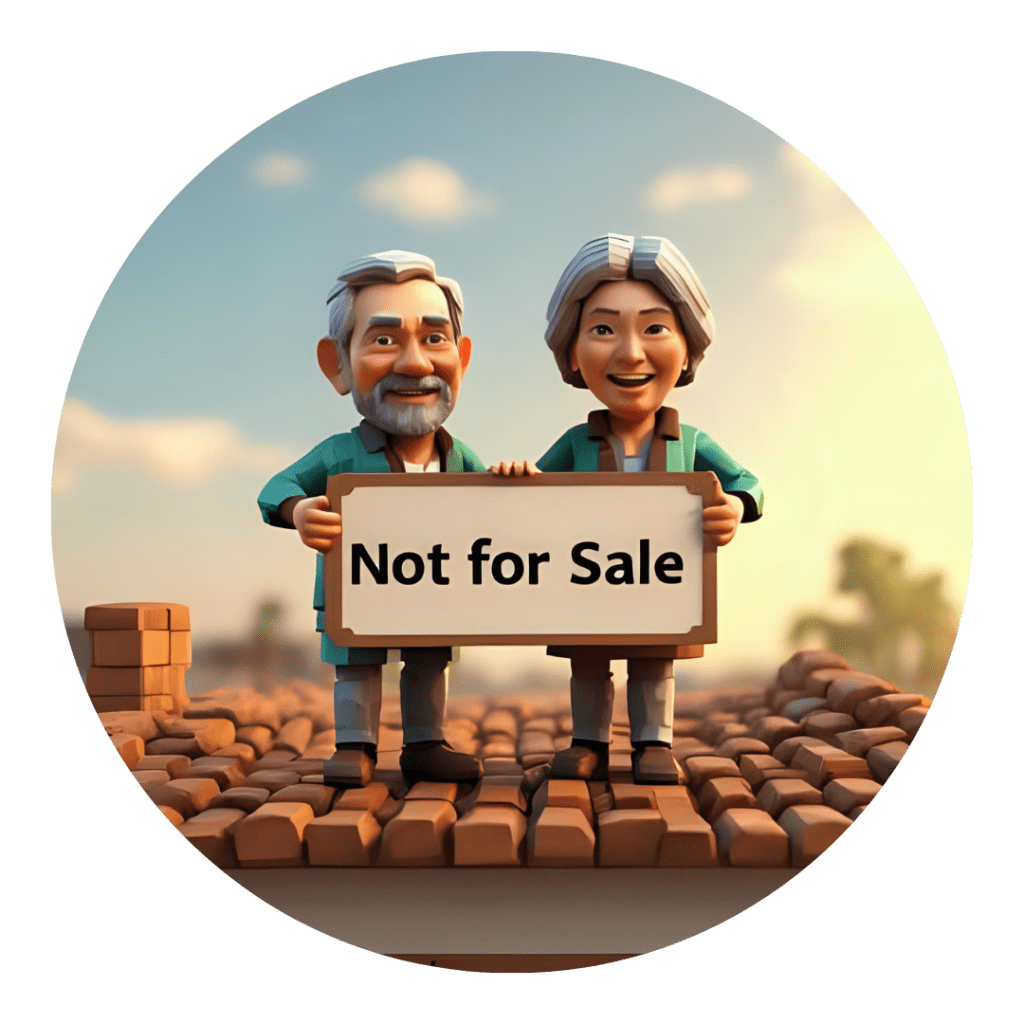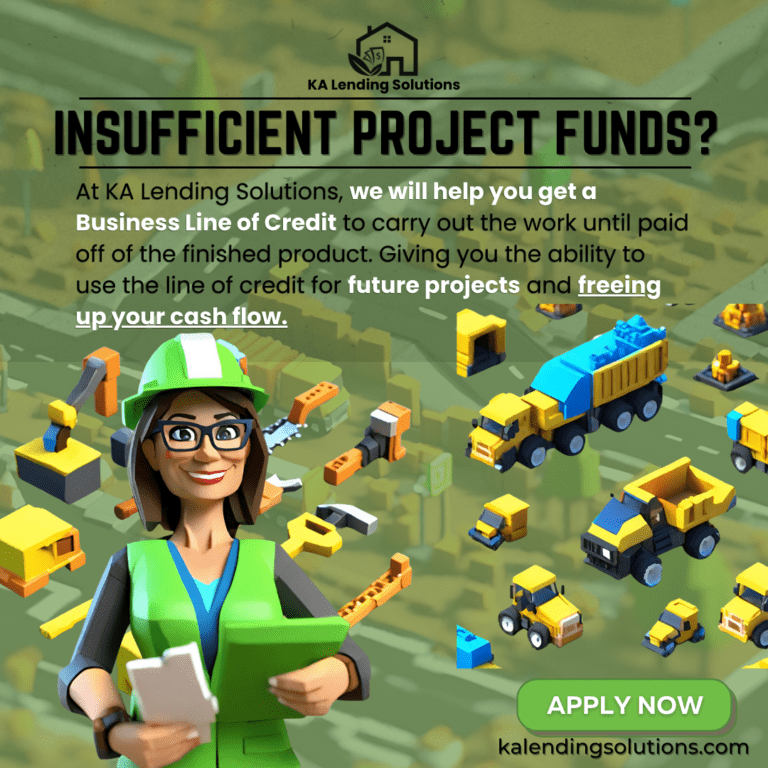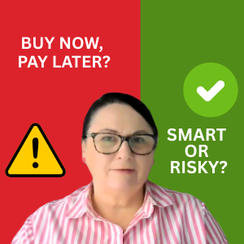Best Reverse Mortgage Lender
Explore our reverse mortgage options to help homeowners access home equity while retaining ownership, providing financial flexibility for retirement.

Unlock the Wealth in Your Home with a Reverse Mortgage
Your home is more than just a place to live—it’s a powerful financial asset.
If you’re a retiree or senior homeowner seeking to supplement your income, fund medical needs, renovate your home, or enjoy a better retirement lifestyle, a reverse mortgage may be the right solution.
At KA Lending Solutions, we are experienced reverse mortgage brokers on the Sunshine Coast, helping seniors and retirees in Caloundra and across QLD access safe and structured equity release finance options.
You can use the funds for:
-
Supplementing retirement income
-
Paying off debt or credit cards
-
In-home aged care or medical expenses
-
Travel and lifestyle needs
-
Supporting family financially
As your local QLD reverse mortgage specialist, we understand that every retiree’s needs are unique.
We take the time to explore your goals and provide a personalised lending strategy that’s safe, compliant, and aligned with your long-term financial wellbeing.
We offer:
-
Reverse mortgage solutions from leading providers
-
No-pressure, fully informed advice
-
Transparent explanations of fees, interest, and how the loan affects your estate
-
Help understanding Centrelink impacts and eligibility
-
A caring and respectful approach to senior finance
Let's Chat
What is a Reverse Mortgage?
A reverse mortgage is a financial product that allows eligible homeowners to borrow money using the equity in their homes as collateral. Unlike a traditional mortgage, where you make monthly payments to the lender, with a reverse mortgage, the lender makes payments to you. You only repay the loan, interest, and fees when you sell the home, move out, or pass away.
The amount you can borrow depends on several factors, including your age, the value of your home, and current interest rates. As you receive payments from the reverse mortgage, your loan balance grows, while the equity in your home decreases.

Key Benefits of Reverse Mortgages
Discover how a reverse mortgage can provide financial flexibility, allowing you to access your home’s equity without monthly payments while retaining ownership and protecting your estate.
Access to Tax-Free Cash
• Flexible Payment Options: Choose how you want to receive your money—either as a lump sum, monthly installments, or a line of credit you can draw from as needed.
No Monthly Mortgage Payments
• Stay in Your Home: Continue living in your home while accessing its equity, without the burden of a traditional mortgage payment.
Retain Home Ownership
• Pass on to Heirs: After you pass away, your home can still be sold or passed down to your heirs. They can either pay off the reverse mortgage or sell the home to cover the loan balance.
No Risk of Owing More than the Home’s Value
• Government Regulation: Reverse mortgages are regulated by the government, ensuring that these protections are in place for your peace of mind.
Eligibility for a Reverse Mortgage
To qualify for a reverse mortgage, you must meet the following eligibility requirements:
-
- Age Requirement: The homeowner (or at least one borrower in the case of couples) must be 60 years of age or older. The older you are, the more equity you can typically access.
- Home Ownership: You must own your home and have substantial equity in it. Generally, reverse mortgages are available to those who own their home outright or have a small remaining balance on their traditional mortgage.
- Primary Residence: The property must be your primary residence. You cannot use a reverse mortgage for a second home or investment property.
- Property Requirements: The home must meet certain standards, including being well-maintained and free from structural issues. Eligible properties typically include:
- Single-family homes
- Townhouses
- Some condominiums
- Multi-unit properties (up to four units) where the homeowner resides in one of the units
- Financial Assessment: Lenders will assess your ability to maintain the property, including paying property taxes, homeowners insurance, and any maintenance costs. This ensures that you can fulfill your responsibilities as a homeowner.
Navigating Revers mortgage loans Loans: How It Works
Understanding how to navigate the reverse mortgage process can help ensure that this option is right for you. Below is a step-by-step guide to help you understand how to proceed:
Consultation and Counseling
Before applying for a reverse mortgage, you must participate in a government-mandated counseling session with a HUD-approved counselor, this is usually just an appointment with Centrelink as a an income test. This ensures that you fully understand the implications of the loan, your responsibilities, and available alternatives. The counselor will help determine whether a reverse mortgage is the best option for your financial situation.
- Tip: The counseling session will help you understand both the benefits and potential drawbacks of a reverse mortgage, ensuring you make an informed decision.
Apply for a Reverse Mortgage
Once you’ve completed your counseling, you can move forward with the application. Your lender will review your financial status, including home equity, age, and any outstanding mortgages or liens on the property.
- Tip: Gather essential documents such as proof of:
- homeownership
- property insurance
- income verification to expedite the application process.
Property Appraisal
Your home will undergo an appraisal to determine its current market value. This appraisal is essential in determining how much equity you can access through the reverse mortgage. The condition of your home will also be evaluated to ensure it meets the lender’s standards.
- Tip: Address any repairs or updates before the appraisal to maximize your home’s value.
Loan Approval and Disbursement
Once your application is approved and the appraisal is complete, your loan amount will be calculated based on your home’s value, your age, and current interest rates. You can then choose how you want to receive your funds: as a lump sum, monthly payments, or a line of credit.
- Tip: Consider your financial needs and goals when selecting the disbursement option that works best for you.
Ongoing Obligations
Even though you don’t make monthly mortgage payments, you’re still responsible for maintaining the property, paying homeowners insurance, and staying current on property taxes. Failure to meet these obligations could result in the lender calling the loan due.
- Tip: Keep a budget for home maintenance and set reminders for property taxes and insurance payments.
Loan Repayment
The reverse mortgage becomes due when you sell your home, move out permanently, or pass away. At that point, the loan balance (including accrued interest and fees) must be repaid. Typically, this is done by selling the home, but if your heirs wish to keep the property, they can repay the loan themselves.
- Tip: Be sure to communicate with your heirs about your reverse mortgage and what will happen with the property upon your passing.
Implications of a Reverse Mortgage
While reverse mortgages offer numerous benefits, it’s important to consider the implications:
- Reduced Home Equity: As you borrow against your home’s equity, the amount you owe increases, leaving less equity for your heirs.
- Home Maintenance Responsibility: Even though you’re not making mortgage payments, you must still maintain the home, pay taxes, and keep up with insurance.
- Loan Balance Grows Over Time: With no monthly payments, the loan balance grows as interest and fees accrue, which can affect your estate planning.
- Impact on Government Benefits: In some cases, the funds from a reverse mortgage may affect your eligibility for certain government assistance programs, such as Medicaid.
Is a Reverse Mortgage Right for You?
A reverse mortgage can be a great option for homeowners who want to supplement their retirement income, pay for healthcare expenses, or make home improvements without monthly mortgage payments. However, it’s crucial to consider your long-term financial goals and the impact on your estate.
-
Effect on Inheritance: As your loan balance grows, the equity left in your home may decrease, reducing the inheritance for your heirs.
-
Ongoing Responsibilities: You must continue paying property taxes, homeowners insurance, and maintenance to avoid loan default.
-
Impact on Benefits: Reverse mortgage funds may affect eligibility for government programs like Medicaid.
Ready to Unlock Your Home’s Equity? Apply for a Reverse Mortgage Today!
If you’re interested in learning more about how a reverse mortgage can improve your financial stability and enhance your retirement, our team is here to help. Contact us today to schedule a consultation and discover how you can turn your home’s equity into a source of tax-free income—without leaving the place you love.
Take control of your retirement with a reverse mortgage that gives you the financial freedom to enjoy your golden years!

Your Story = Lending Solutions
Whatever your situation maybe let's find a lending solution for you....
FAQ
Frequently Asked Questions
A reverse mortgage is a financial product that allows homeowners aged 60 and older to borrow against the equity in their homes. Instead of making monthly mortgage payments to the lender, the lender pays you in a lump sum, monthly installments, or through a line of credit. The loan doesn’t need to be repaid until the homeowner sells the home, moves out permanently, or passes away.
With a reverse mortgage, the loan amount is based on the homeowner’s age, the value of the home, and current interest rates. As the borrower, you continue to live in the home, but instead of making monthly mortgage payments, the loan balance increases over time as interest and fees accrue. The loan is repaid when the homeowner moves, sells the home, or passes away, usually from the sale of the home.
To qualify for a reverse mortgage, you must meet the following criteria:
-
Be at least 60 years old (depending on the lender, this age may vary slightly)
-
Own your home outright or have a low remaining mortgage balance
-
The home must be your primary residence
-
The property must meet certain standards, including structural integrity and maintenance
-
You must have the financial ability to continue paying property taxes, insurance, and maintenance costs
The amount you can borrow with a reverse mortgage depends on:
-
The age of the youngest borrower (the older you are, the more you can borrow)
-
The current value of your home, as determined by an appraisal
-
Current interest rates
-
The type of reverse mortgage product you choose
No, you are not required to make monthly payments on a reverse mortgage. The loan balance, including interest and fees, is repaid when the loan becomes due (typically when the home is sold, the borrower moves out, or the borrower passes away). However, you are responsible for maintaining the property, paying property taxes, and keeping homeowners insurance up to date.
The loan is repaid when the borrower sells the home, moves out permanently, or passes away. The loan balance, including any accrued interest and fees, is usually paid from the sale proceeds of the home. If the sale price exceeds the loan balance, the remaining funds go to the homeowner or their heirs. If the loan balance is higher than the home’s value, reverse mortgages are non-recourse loans, meaning you or your heirs will not owe more than the home’s value.
Some potential risks to consider include:
-
Decreased Home Equity: Since you’re borrowing against the equity in your home, the remaining equity for your estate or heirs is reduced.
-
Ongoing Costs: You must continue to pay property taxes, homeowners insurance, and maintain the home. Failure to do so could result in foreclosure.
-
Impact on Government Benefits: Reverse mortgage proceeds may affect your eligibility for some government benefits, such as Medicaid.
-
Loan Balance Growth: The loan balance grows over time as interest and fees accumulate, which may result in little to no equity remaining in the home.
As long as you meet the loan requirements—such as living in the home, paying property taxes and homeowners insurance, and maintaining the property—you cannot lose your home to a reverse mortgage. However, if you fail to meet these obligations, the lender may call the loan due, which could result in foreclosure if the loan balance cannot be repaid.
Yes, if there is any remaining equity in the home after the reverse mortgage is repaid, your heirs will inherit it. However, if the loan balance exceeds the value of the home, your heirs will not owe the difference, as reverse mortgages are non-recourse loans.
Reverse mortgage interest rates can be fixed or variable, depending on the type of reverse mortgage you choose. Interest is added to the loan balance over time but is not paid out-of-pocket by the borrower. The interest, along with any fees, is due when the loan is repaid (usually when the home is sold or the borrower passes away).
No, the money you receive from a reverse mortgage is considered a loan advance, not income. Therefore, reverse mortgage payments are generally not taxed. However, always consult a tax advisor to understand how a reverse mortgage might affect your specific tax situation.
Yes, the funds from a reverse mortgage can be used for almost any purpose, including:
-
Supplementing retirement income
-
Paying for healthcare costs
-
Home repairs or renovations
-
Paying off an existing mortgage
-
Travel, living expenses, or debt consolidation
There are several upfront costs associated with reverse mortgages, including:
-
Origination Fees: Charged by the lender for processing the loan.
-
Closing Costs: Includes fees for home appraisals, title insurance, and other services.
-
Mortgage Insurance Premiums: This protects both the lender and borrower in case the loan balance exceeds the home’s value. These costs are typically added to the loan balance and don’t need to be paid out-of-pocket.
Eligible properties for reverse mortgages generally include:
-
Single-family homes
-
Multi-unit homes (up to four units, as long as one unit is the primary residence)
-
Condominiums (subject to specific FHA approval)
-
Townhouses Manufactured homes may also qualify if they meet certain criteria. Investment properties and vacation homes are not eligible.
Yes, you can still get a reverse mortgage if you have an existing mortgage, but the proceeds from the reverse mortgage must first be used to pay off the remaining mortgage balance. The remaining funds can then be used as you wish.
The process to obtain a reverse mortgage can take anywhere from 30 to 60 days, depending on factors such as the property appraisal, counseling, and application approval.
A reverse mortgage may be right for you if:
-
You want to supplement your retirement income without selling your home.
-
You have substantial equity in your home and want to remain living in it.
-
You can continue to meet the responsibilities of homeownership, including maintenance, property taxes, and insurance. However, it’s important to consider the long-term impact on your estate and discuss your options with family members and a financial advisor before making a decision.
Blog and Case Sudies
Guarantor home loans provide a pathway to homeownership for individuals who may face challenges securing a home loan independently.




